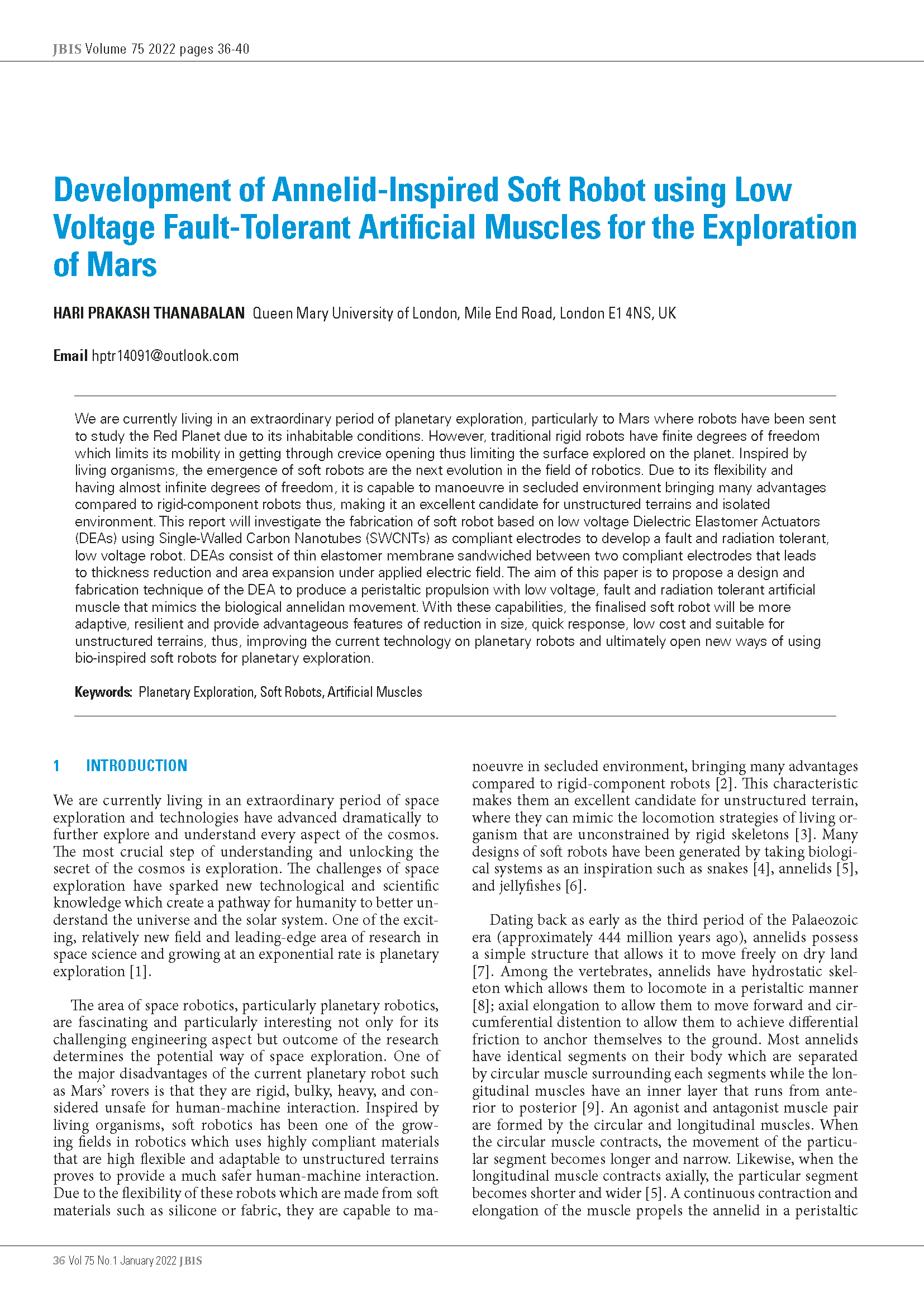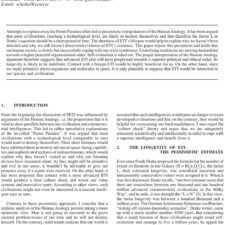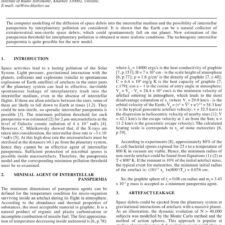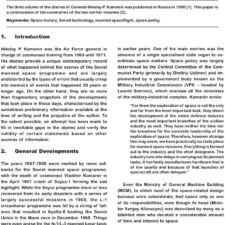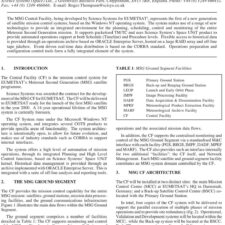Development of Annelid-Inspired Soft Robot using Low Voltage Fault-Tolerant Artificial Muscles for the Exploration of Mars
£5.00
Hari Prakash Thanabalan (2022), JBIS, 75, pp.36-40
Refcode: 2022.75.036
DOI: n/a
Abstract:
We are currently living in an extraordinary period of planetary exploration, particularly to Mars where robots have been sent to study the Red Planet due to its inhabitable conditions. However, traditional rigid robots have finite degrees of freedom which limits its mobility in getting through crevice opening thus limiting the surface explored on the planet. Inspired by living organisms, the emergence of soft robots are the next evolution in the field of robotics. Due to its flexibility and having almost infinite degrees of freedom, it is capable to manoeuvre in secluded environment bringing many advantages compared to rigid-component robots thus, making it an excellent candidate for unstructured terrains and isolated environment. This report will investigate the fabrication of soft robot based on low voltage Dielectric Elastomer Actuators (DEAs) using Single-Walled Carbon Nanotubes (SWCNTs) as compliant electrodes to develop a fault and radiation tolerant, low voltage robot. DEAs consist of thin elastomer membrane sandwiched between two compliant electrodes that leads to thickness reduction and area expansion under applied electric field. The aim of this paper is to propose a design and fabrication technique of the DEA to produce a peristaltic propulsion with low voltage, fault and radiation tolerant artificial muscle that mimics the biological annelidan movement. With these capabilities, the finalised soft robot will be more adaptive, resilient and provide advantageous features of reduction in size, quick response, low cost and suitable for unstructured terrains, thus, improving the current technology on planetary robots and ultimately open new ways of using bio-inspired soft robots for planetary exploration.
Keywords: Planetary Exploration, Soft Robots, Artificial Muscles

